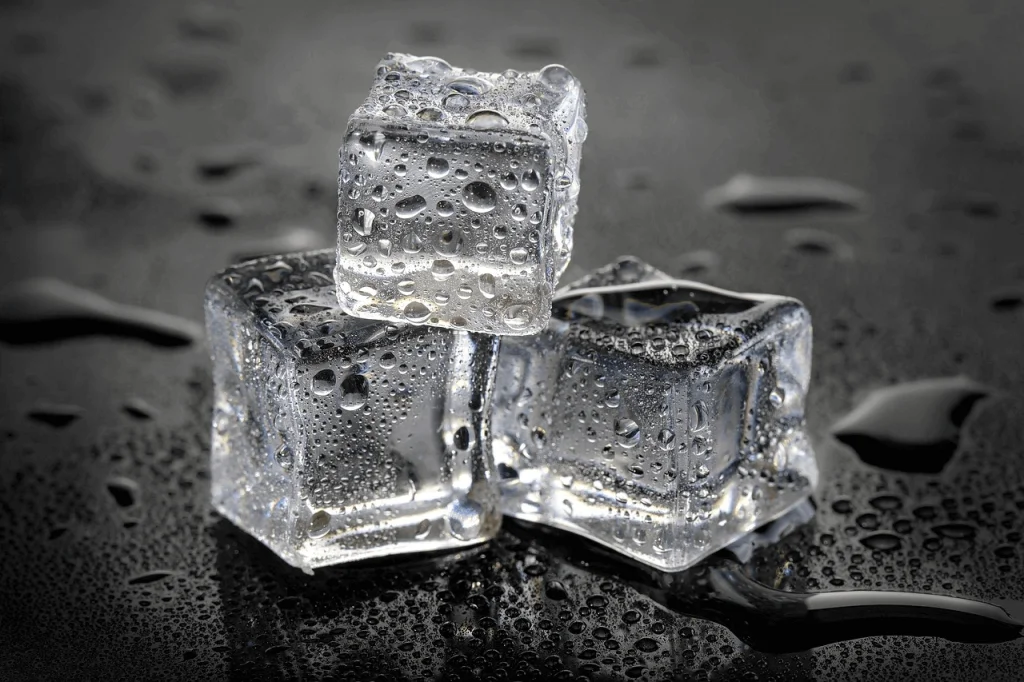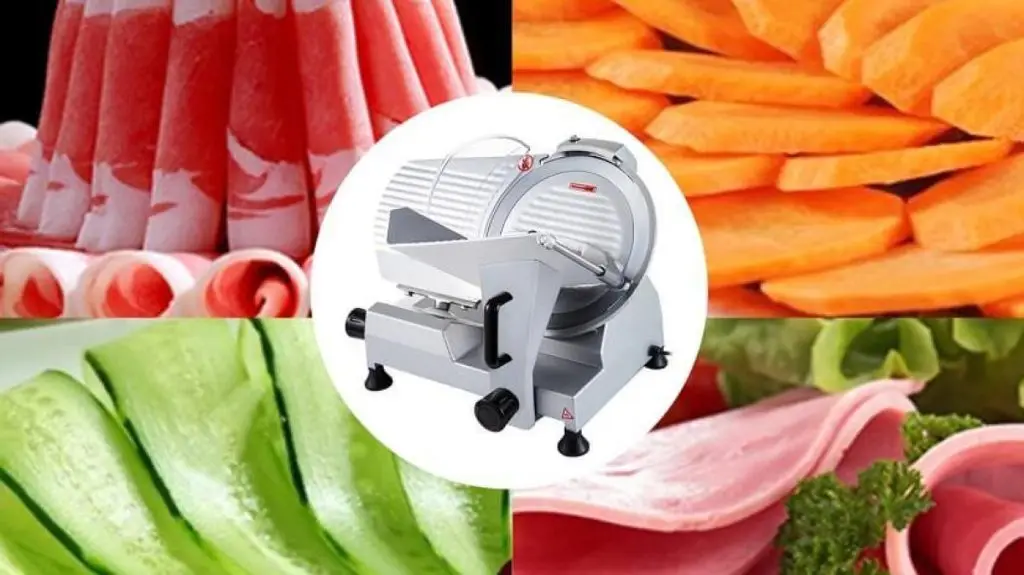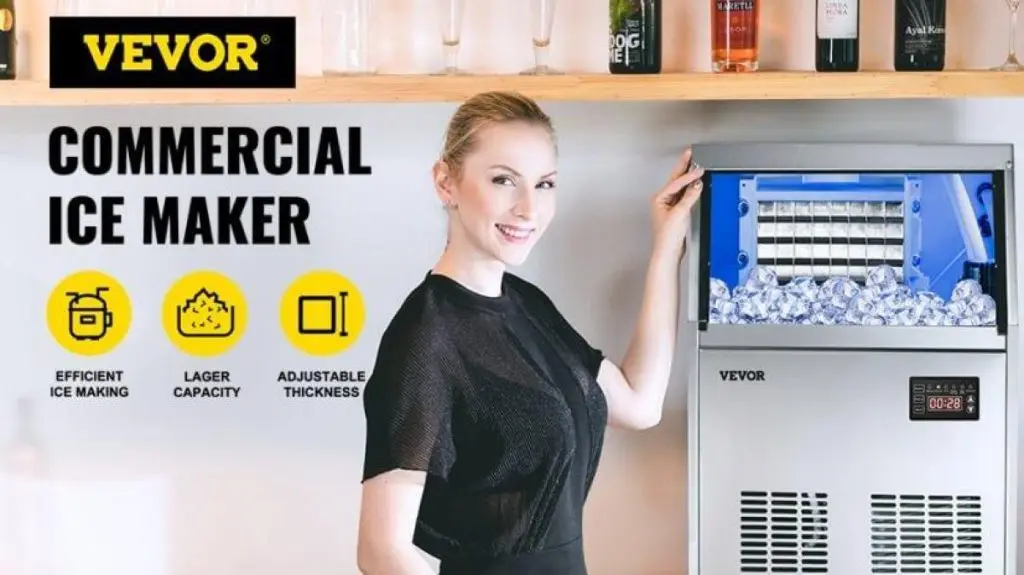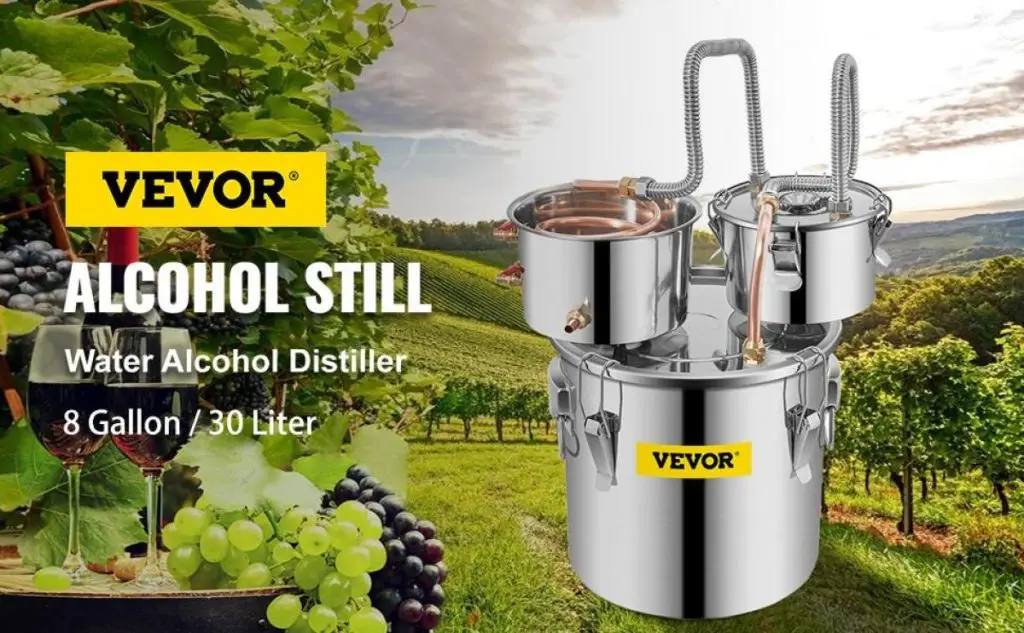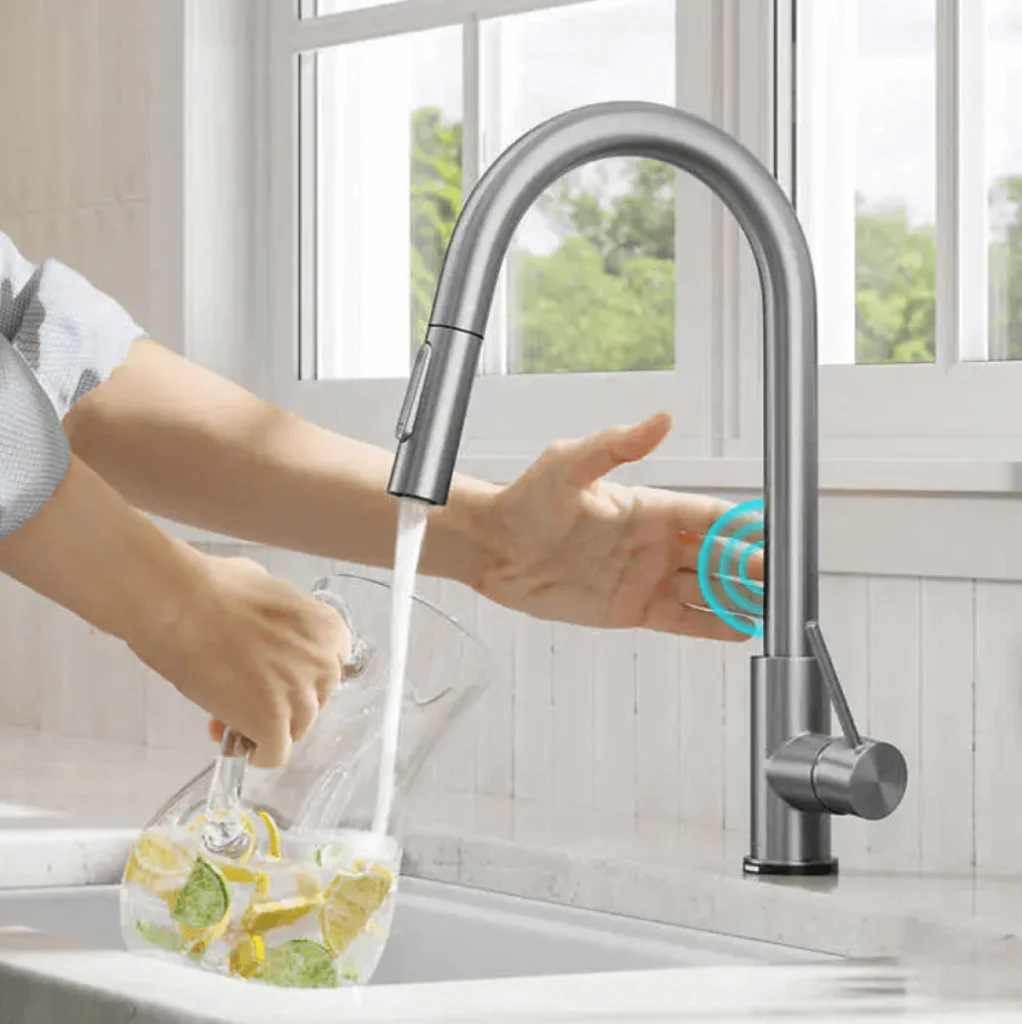Ice cubes make your cocktail drinks chill and flavorful. But have you wondered how long does it take for ice cubes to freeze?
Well-frozen and clean ice crystals will surely elevate your drinking experience. Ice freezing and handling is important because it is a food commodity that should be carefully handled with food safety precautions. Several factors influence ice formation, such as the temperature of your freezer, water used, and volume, among other factors.
In this article, we shall explore the science behind freezing ice and how long to freeze ice cubes.
Factors Affecting the Speed of Ice Formation
1. Temperature
Temperature is the primary factor affecting the duration of ice formation. The temperature of your freezer must be favorable to allow faster freezing. The lower the temperatures, the faster the freezing period. When exposed to a cooler environment, water molecules lose energy faster, prompting them to form ice crystals quickly.
Also, depending on the initial water temperatures, the freezing time could take 2 to 4 hours to freeze. Also, based on various experiments, the freezing time could take place between 30 minutes to about 1 hour and 40 minutes, depending on multiple factors.
2. The Composition of Water and Impurities
The level of water purity and composition can affect the ice-making process. Impurities in the water, such as dissolved gasses, dissolved minerals, and particles, lower the freezing point, thus lowering the freezing ice process. Distilled water freezes faster compared to tap water due to the absence of impurities. Also, consider using double-boiled water to remove impurities and air bubbles for fast freezing.
3. The Material of the Container and Insulation
The material of the ice maker trays or the container holding the water affects the heat rate transfers, thus influencing the freezing time. Containers made from materials with good thermal conductivity, such as metal or silicone, have a faster freezing rate. Additionally, insulated containers or molds help retain cold temperatures and accelerate freezing.
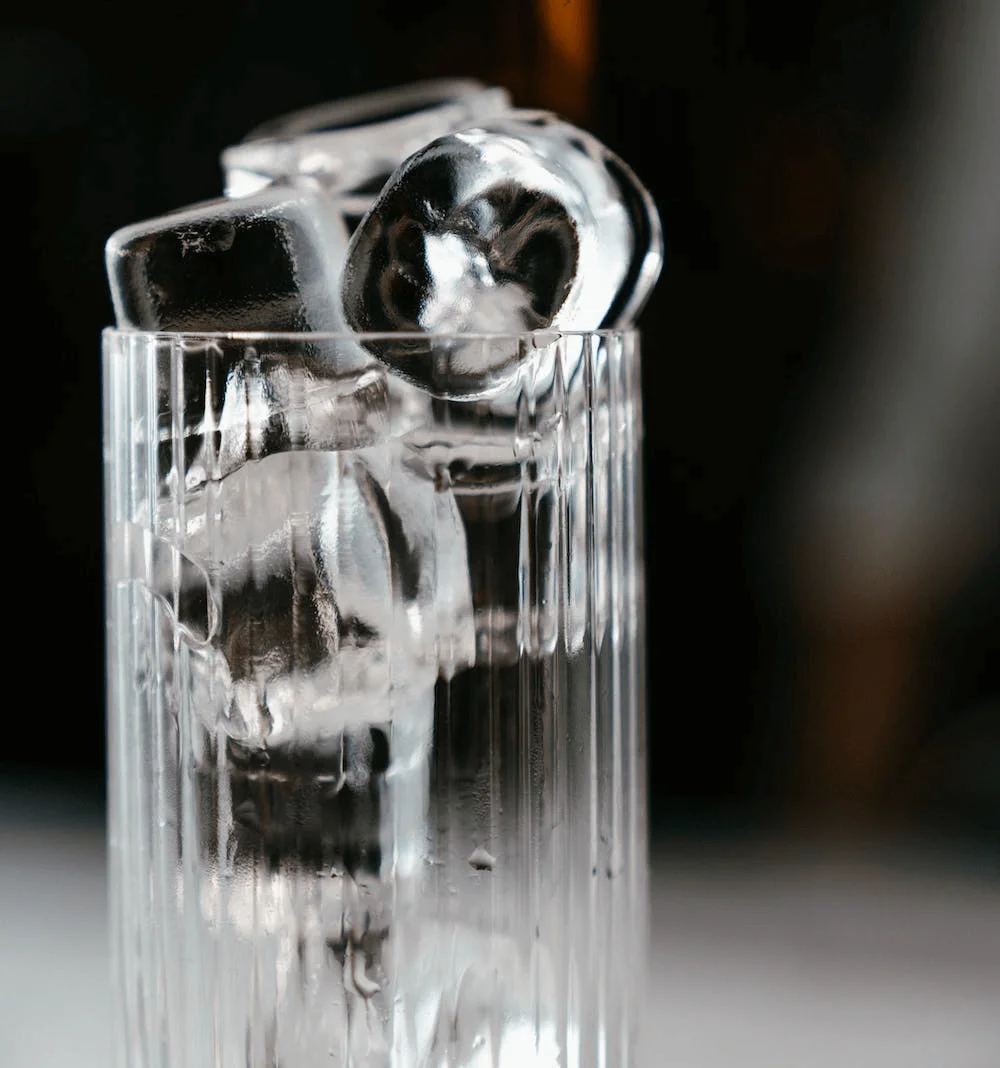
4. The Water Shape and Volume
The volume and the water shape can affect the freezing rate. Smaller water volumes have a faster freezing rate than waters with larger volumes due to increased surface area to volume ratio in relation to their volume, such as ice cubes with a larger surface area to volume ratio.
5. Water Temperature
Research and experiments have shown that hot water freezes faster than cold water, a process called the Mpemba effect. The explanation is that boiling water or hot water evaporates faster compared to cold water, thus decreasing its volume for faster freezing. On the other hand, cold water may contain air bubbles and dissolved gasses, slowing the freezing point.
6. The Temperature Settings of the Freezer
The freezing temperature for water begins at 32 degrees Fahrenheit. Check the temperatures of the freezer before you start freezing ice. Keep the temperatures of the freezer at the lowest to speed up the freezing process. Also, ensure the freezer is well-ventilated to allow heat transfer for faster freezing.
You can optimize and speed up the freezing process by manipulating the above variables to meet your time frames when it comes to ice production.
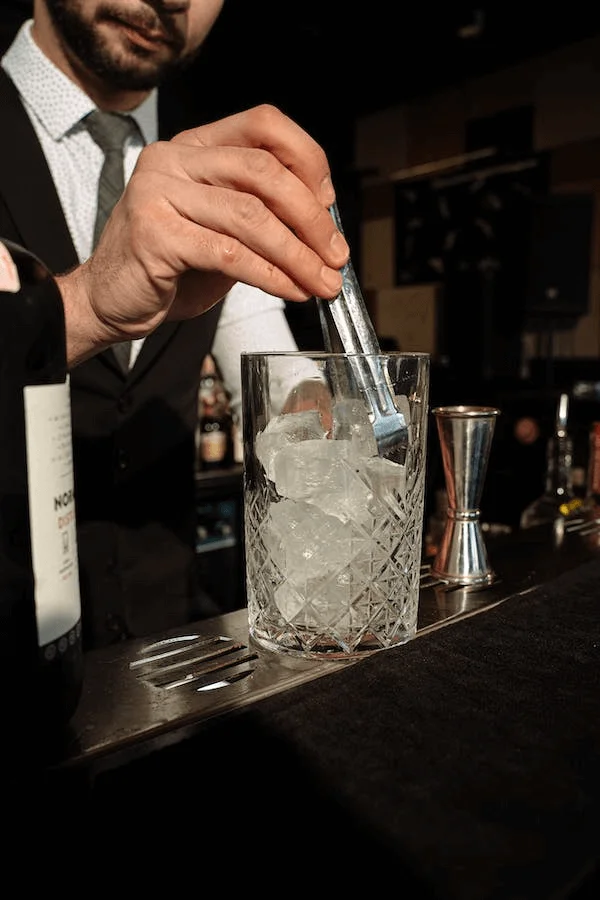
Hot Water Freezes Faster than Cold Water Experiment by Erasto Mpemba
Most people believe that cold water takes fewer hours to freeze compared to hot water. However, this theory has been debunked in the past by a famous experiment called the Mpemba effect.
The Mpemba effect stipulates that hot water freezes faster than cold water. The effect has been studied and tested by several scientists across the world.
On the other hand, experiments have shown that cold water chilled close to 0 degrees Celsius or 32 degrees Fahrenheit will freeze faster, within 10 to 30 minutes. If the process starts when the water is at 20 degrees Celsius or room temperature, it will take approximately 1 hour and 40 minutes to begin the freezing process.
Paradoxically, based on Erasto Mpemba’s experiment, as the water temperature increased, the freezing time curved downwards, meaning the hot water was freezing faster than cold water.
Recommended For Your Project
Ice Freezing Time for Different Ice Sizes and Scenarios
1. Freezing Smaller Ice Cubes in a Typical Home Freezer
A standard home freezes ice cubes relatively faster because they can reach temperatures below the freezing point, which is 0 degrees Celsius or 32 degrees Fahrenheit. Additionally, smaller ice cubes freeze faster due to quick heat transfer. It will take a few hours to freeze small ice cubes.
If you are looking for a high-performance, durable, and fast ice machine, the VEVOR Commercial Ice Maker Machine is your good choice. It is a medium capacity suitable for commercial use, home use, party gatherings, restaurants, bars, hotels, coffee shops, and in grocery stores.
The machine makes 25 kg of ice within 24 hours with a storage capacity of 26 lbs (12 kg). The size of the ice is 0.9 x 0.9 x 0.9 inches (22 x22 x 22 mm). However, you can adjust the size of the ice cube to your needs.
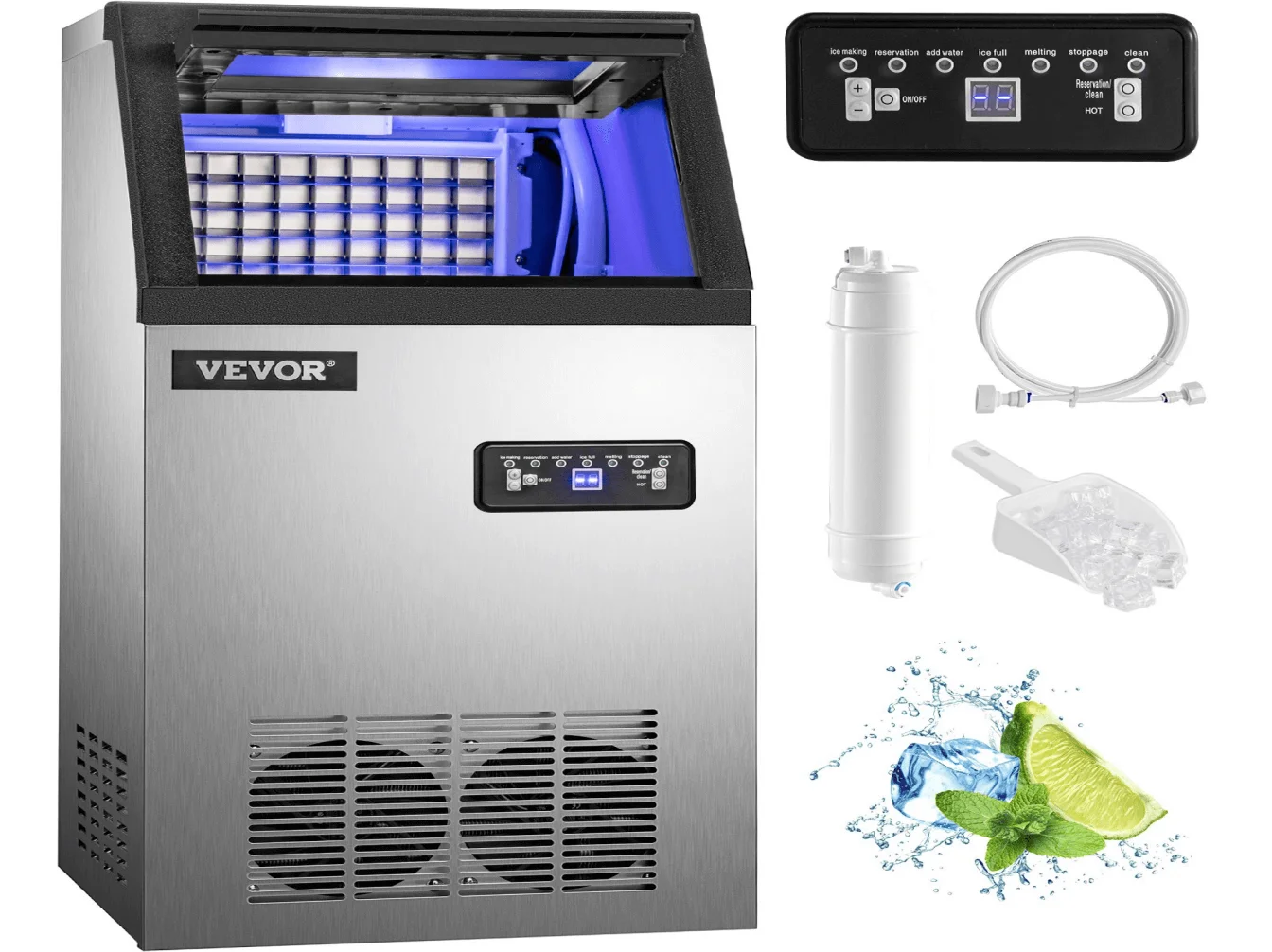
Another smart feature of this VEVOR Commercial Ice Maker Machine is that it automatically shuts off if the water is minimal or when the ice is full. Also, it has a one-button cleaning function for automatic cleaning and a NANO blue light for sterilization and illumination.
2. Large Ice Cubes in Specialized or Industrial Ice Makers
How long does ice take to freeze in a specialized ice maker? Larger ice cubes take more hours to freeze compared to smaller-sized ice cubes. The freezing duration is influenced by the size and thickness of the ice as well as the efficiency of the ice maker.
Industrial ice makers are set at extremely low temperatures to facilitate faster freezing. However, due to the large size of ice cubes or blocks, it takes longer to freeze.
3. The Freezing Method
Different freezing methods impact the freezing duration. For instance, the liquid nitrogen or blasting freezing method significantly reduced the freezing time for small and large ice cubes. The methods involve freezing through extremely low temperatures, facilitating faster heat transfer and crystallization.
Slower freezing methods, such as controlled crystallization, lengthen the freezing time, which is favorable for forming large ice crystals.
4. Using Specialized Makers Vs. Ice Cube Trays
The type of ice cube mold can influence the duration of ice freezing. Typical ice cube mold trays such as the VEVOR Skull Ice Cube Tray are commonly used for house ice cube preparations. The freezing time depends on factors such as the desired level of freezing, the temperatures of the freezer, and the size of the molds.
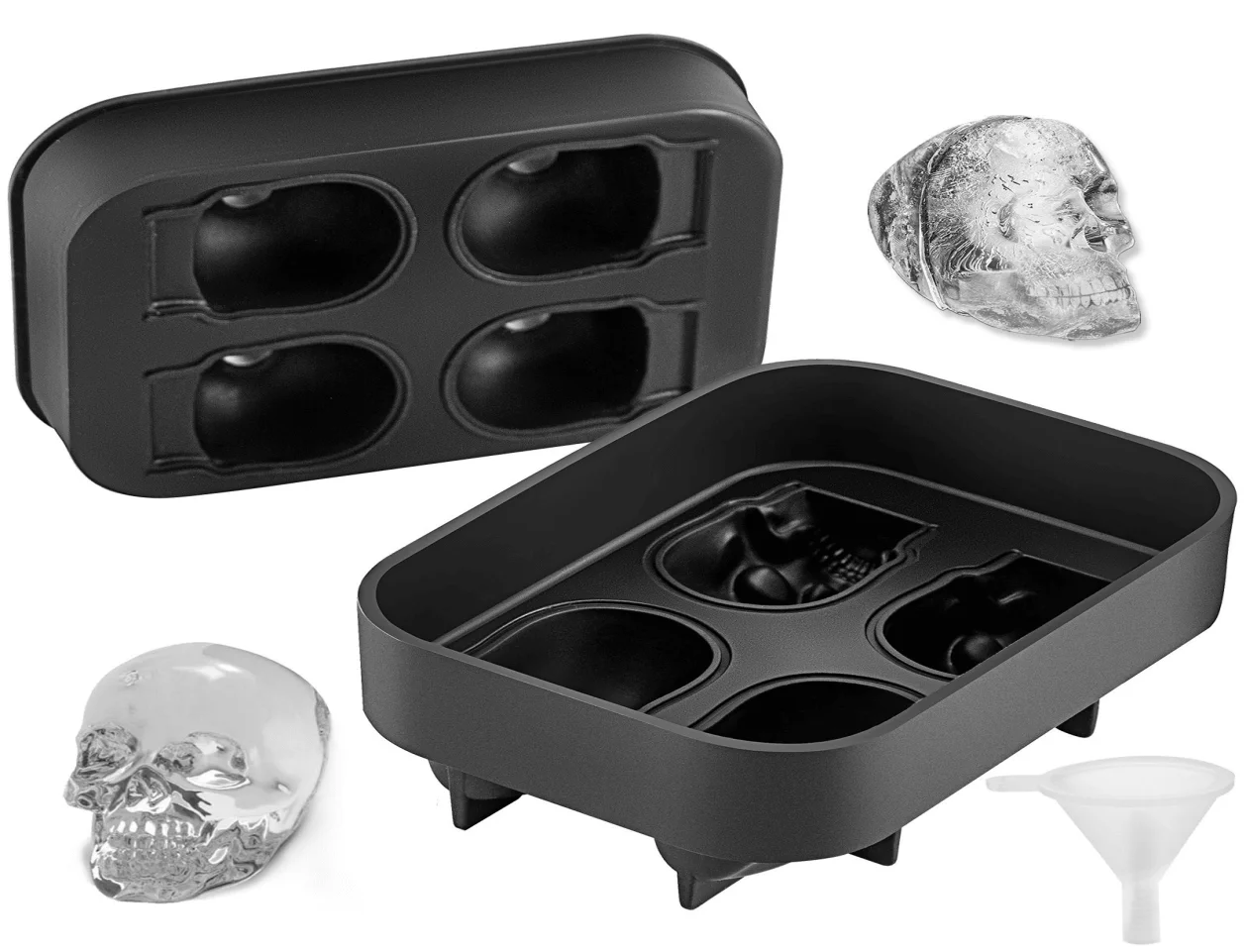
There are several ice trays and molds and sizes to choose from, depending on your preference.
The specialized ice makers come in various shapes and sizes. The freezing time with these ice makers is relatively faster.
5. Water Composition and Impurities
Impurities and gasses dissolved in the water affect the freezing time. The impurities tamper with the freezing point compared to clean water. Additionally, impurities prolong the freezing time because water needs to reach a lower temperature to solidify. Consequently, distilled water will freeze faster than tap water.
Final Thoughts
Understanding aspects such as how long does it takes for ice cubes to freeze is necessary for various reasons. As discussed above, some factors affecting the freezing time include the temperature, the volume, and the material or insulation of the ice mold trays, among others.
These factors help us to understand how long to freeze ice cube. Also, it enables us to control and manipulate freezing time.
By understanding the approximate hours to freeze ice, you can ensure the ice trays are ready for the next batch. Temperatures of the freezer, the water as well as the external environment are primary considerations in freezing ice. By understanding these factors, you can easily determine how long does it take for ice to freeze.
FAQ about Ice Freezing Time
1. How long does ice take to freeze?
There is no definite answer to: how long does it take for ice to freeze? There are several factors that influence the time it takes to freeze ice. On average, it can take 30 minutes to up to four hours to freeze ice. The freezing point is 32 degrees Fahrenheit / 0 degree Celsius.
2. How long does it take for ice cubes to freeze in a freezer?
It takes approximately 90 minutes to make ice in a regular fridge freezer. Start by boiling water and fill it in the ice molds and place the tray in the freezer. Adjust the temperatures to a minimum and let the cubes freeze faster. Warm water freezes faster than cold water.
3. What other factors affect how long to freeze ice cubes?
Factors that affect the ice freezing time include the purity of the water, the ambient temperature, the water temperatures, the insulation properties of the ice cube trays, and the water volume.
4. How does the water temperature influence the freezing time?
Colder water close to the freezing point will freeze fast. However, through many experiments, hot water freezes faster than cold water. You can try the experiment at home to establish the truth for yourself.

